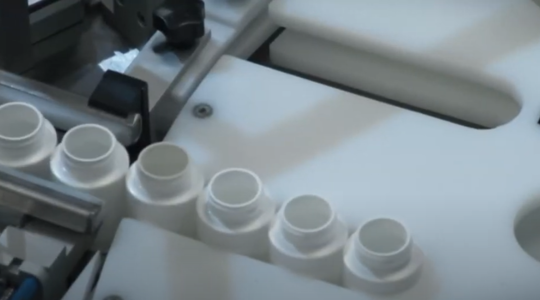What Do I Do If a Drug I Was Prescribed Gets Recalled?
The U.S. Food and Drug Administration, or FDA, only recalls a pharmaceutical or asks the drug's manufacturer to voluntarily recall it when there has been a series of complaints about health issues linked to the drug. While side effects do not occur in every case where there is a potentially dangerous drug on the market, it is best to stop taking the said drug until the product has been tested.
A recall means you may be exposed to serious risks if you continue taking the recalled medication. An excellent source for learning whether a prescription drug has been subject to a recall can be found on the FDA's website.
After a drug has been recalled, the product will go under intense scrutiny and investigation to determine if the complaints prove true. In many recent cases, manufacturers are using loopholes in the FDA regulatory requirements to put new products on the market that have not been tested at all. The reason this is allowed is that an FDA code allows for untested products to be put on the market if they resemble or are similar to a previous product that is already on the market. Many talks are being conducted presently to eliminate this loophole and require extensive testing of every product before it hits the market as well as the examining of the history of products that are currently on the market.
